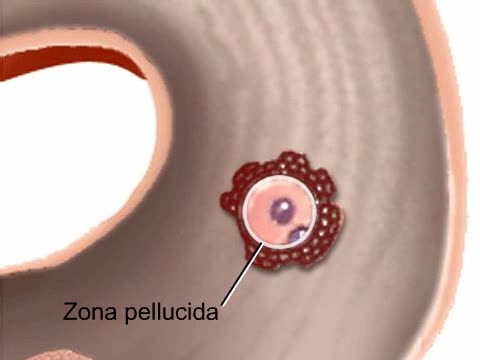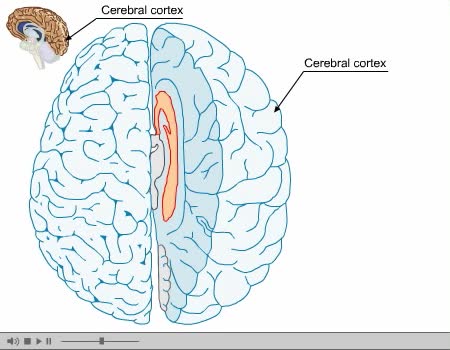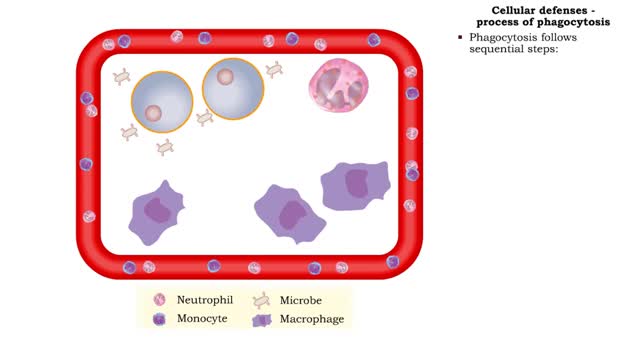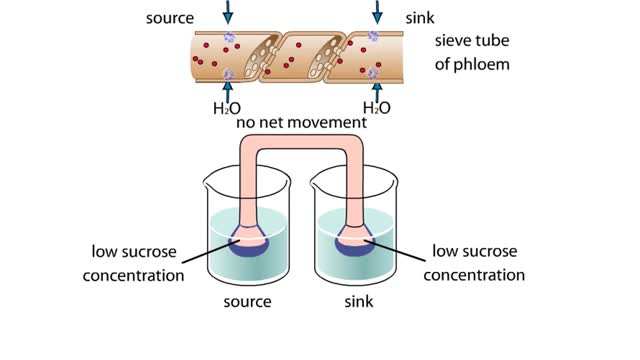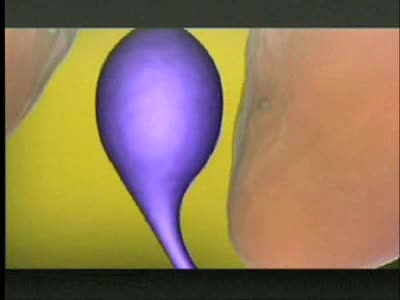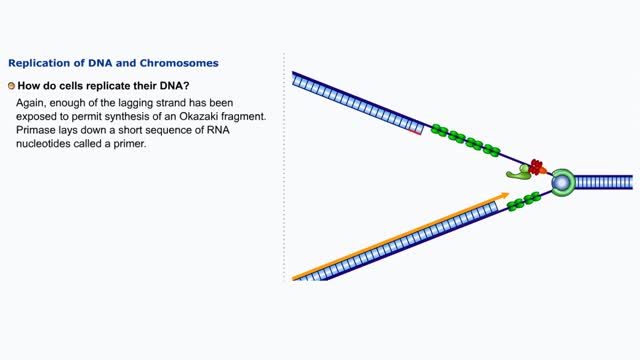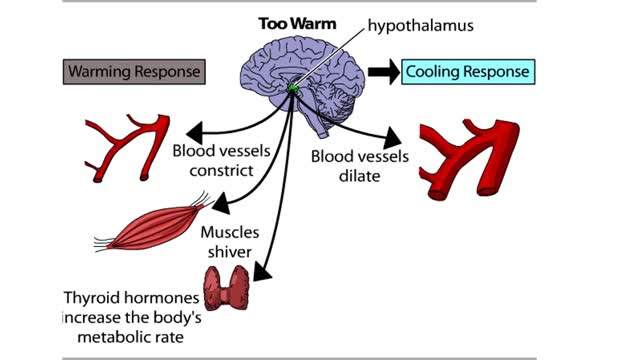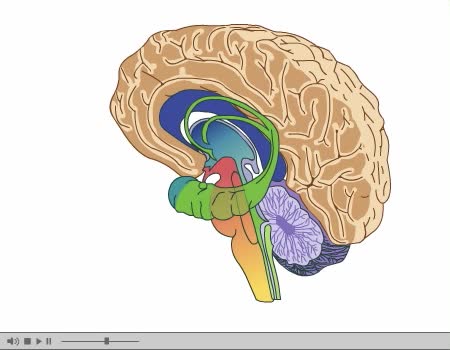Search Results
Results for: 'active site.'
By: Administrator, Views: 489
At conception, the gender and other biologic traits of the new individual are determined. The zygote is genetically complete and immediately begins to divide, forming a solid mass of cells called a morula. When the developing embryo (stage of development between weeks 2 and 8) reaches the ute...
By: Administrator, Views: 12989
The cerebral cortex (plural cortices), also known as the cerebral mantle, is the outer layer of neural tissue of the cerebrum of the brain, in humans and other mammals. It is separated into two cortices, by the longitudinal fissure that divides the cerebrum into the left and right cerebral hemisp...
Cellular defenses (natural killer cells, phagocyte types & process of phagocytosis)
By: HWC, Views: 9402
• Lymphocytes that rapidly defend against abnormal (cancer) or virus-infected cells. • Found in blood, spleen, lymph nodes, and red bone marrow. • Lack receptors for binding with specific antigens. • Act upon cells displaying abnormal MHC antigens. • NK cells destroy cells in ...
By: HWC, Views: 8918
This apparatus of beakers A and funnels simulates the flow of a sucrose solution in the phloem of a plant. The funnels and connecting tube represent a sieve tube of the phloem. Differentially permeable membranes cap the funnels at the source and sink ends, allowing water, but not sucrose, to cros...
By: Administrator, Views: 12943
Herpes simplex is a viral infection caused by the herpes simplex virus. Infections are categorized based on the part of the body infected. Oral herpes involves the face or mouth. It may result in small blisters in groups often called cold sores or fever blisters or may just cause a sore throat. G...
Replication of DNA and Chromosomes/ How do cells replicate their DNA? (Animation) no Audio
By: HWC, Views: 9434
DNA replication in E. coil begins at a site called oriC where a replication bubble forms. At either end of this bubble is a replication fork. Since DNA polymerase Ill can read its DNA template strand only in the 3' to 5' direction this means that one strand (leading) can be read continuously b...
The Hypothalamus: The Body's Thermostat (Human Thermostat)
By: HWC, Views: 8892
Normal body function requires a relatively constant body temperature, which is regulated by the body's thermostat, a region of the brain called the hypothalamus. The hypothalamus generates a temperature set point for the body and appears to be the major site for the integration of temperature inf...
Brain Anatomy Animation (Part 2 of 2)
By: Administrator, Views: 13897
Its nervous tissue consists of millions of nerve cells and fibers. It is the largest mass of nervous tissue in the body. The brain is enclosed by three membranes known collectively as the meninges: dura mater arachnoid pia mater The major structures are the: cerebrum cerebellum dienc...
By: Administrator, Views: 329
Gonorrhea, colloquially known as the clap, is a sexually transmitted infection (STI) caused by the bacterium Neisseria gonorrhoeae. Infection may involve the genitals, mouth, or rectum. Infected men may experience pain or burning with urination, discharge from the penis, or testicular pain. Infec...
Advertisement



